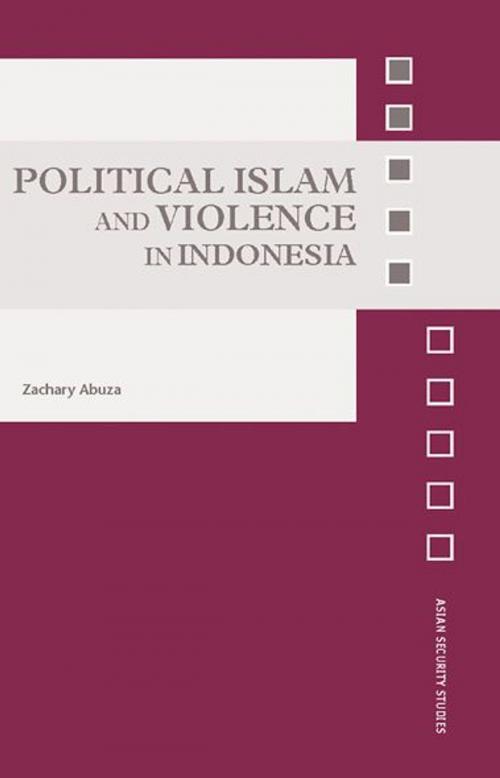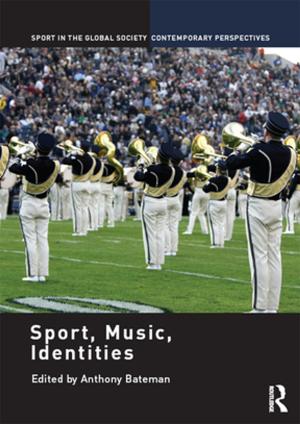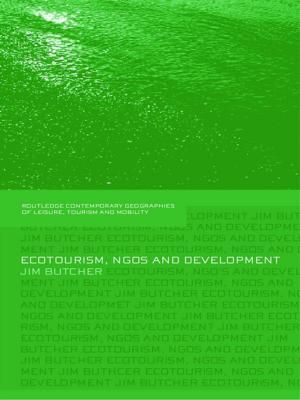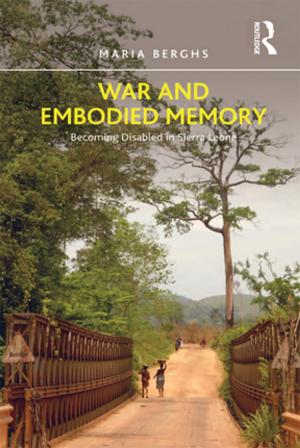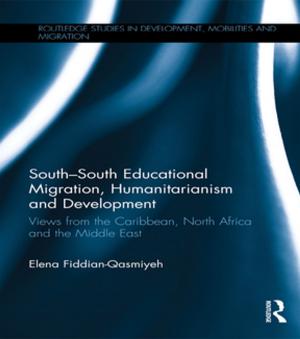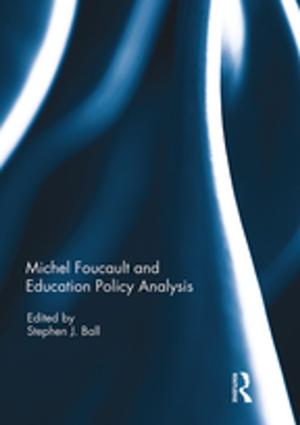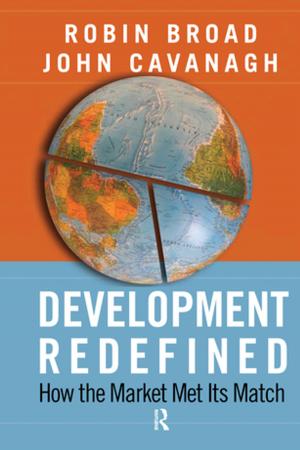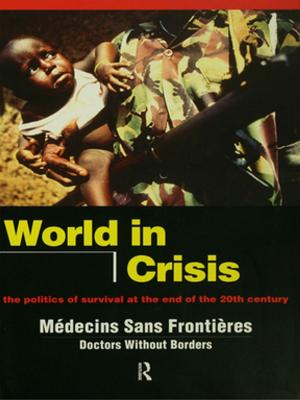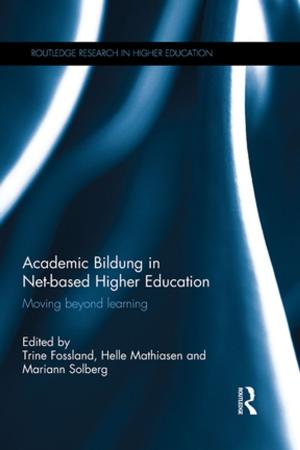Political Islam and Violence in Indonesia
Nonfiction, Social & Cultural Studies, Political Science, International, International Security, History, Military, Social Science| Author: | Zachary Abuza | ISBN: | 9781134161249 |
| Publisher: | Taylor and Francis | Publication: | September 25, 2006 |
| Imprint: | Routledge | Language: | English |
| Author: | Zachary Abuza |
| ISBN: | 9781134161249 |
| Publisher: | Taylor and Francis |
| Publication: | September 25, 2006 |
| Imprint: | Routledge |
| Language: | English |
Political Islam and Violence in Indonesia presents a penetrating new investigation of religious radicalism in the largest Muslim country in the world.
Indonesia is a country long known for its diversity and tolerant brand of Islam. However, since the fall of Suharto, a more intolerant form of Islam has been growing, one whose adherents have carried out terrorist attacks, waged sectarian war, and voiced strident anti-Western rhetoric.
Zachary Abuza’s unique analysis of radical Islam draws upon primary documents such as Jemaah Islamiyah’s operations manual, interviews, and recorded testimonies of politicians, religious figures, and known militants, as well as personal interviews with numerous security and intelligence experts in Indonesia and elsewhere, to paint a picture at once guardedly optimistic about the future of Indonesian democracy and concerned about the increasing role of conservative and radical Islam in Indonesian society.
This book will be of great interest to students of Indonesian politics, Asian studies, political violence and security studies in general.
Political Islam and Violence in Indonesia presents a penetrating new investigation of religious radicalism in the largest Muslim country in the world.
Indonesia is a country long known for its diversity and tolerant brand of Islam. However, since the fall of Suharto, a more intolerant form of Islam has been growing, one whose adherents have carried out terrorist attacks, waged sectarian war, and voiced strident anti-Western rhetoric.
Zachary Abuza’s unique analysis of radical Islam draws upon primary documents such as Jemaah Islamiyah’s operations manual, interviews, and recorded testimonies of politicians, religious figures, and known militants, as well as personal interviews with numerous security and intelligence experts in Indonesia and elsewhere, to paint a picture at once guardedly optimistic about the future of Indonesian democracy and concerned about the increasing role of conservative and radical Islam in Indonesian society.
This book will be of great interest to students of Indonesian politics, Asian studies, political violence and security studies in general.
